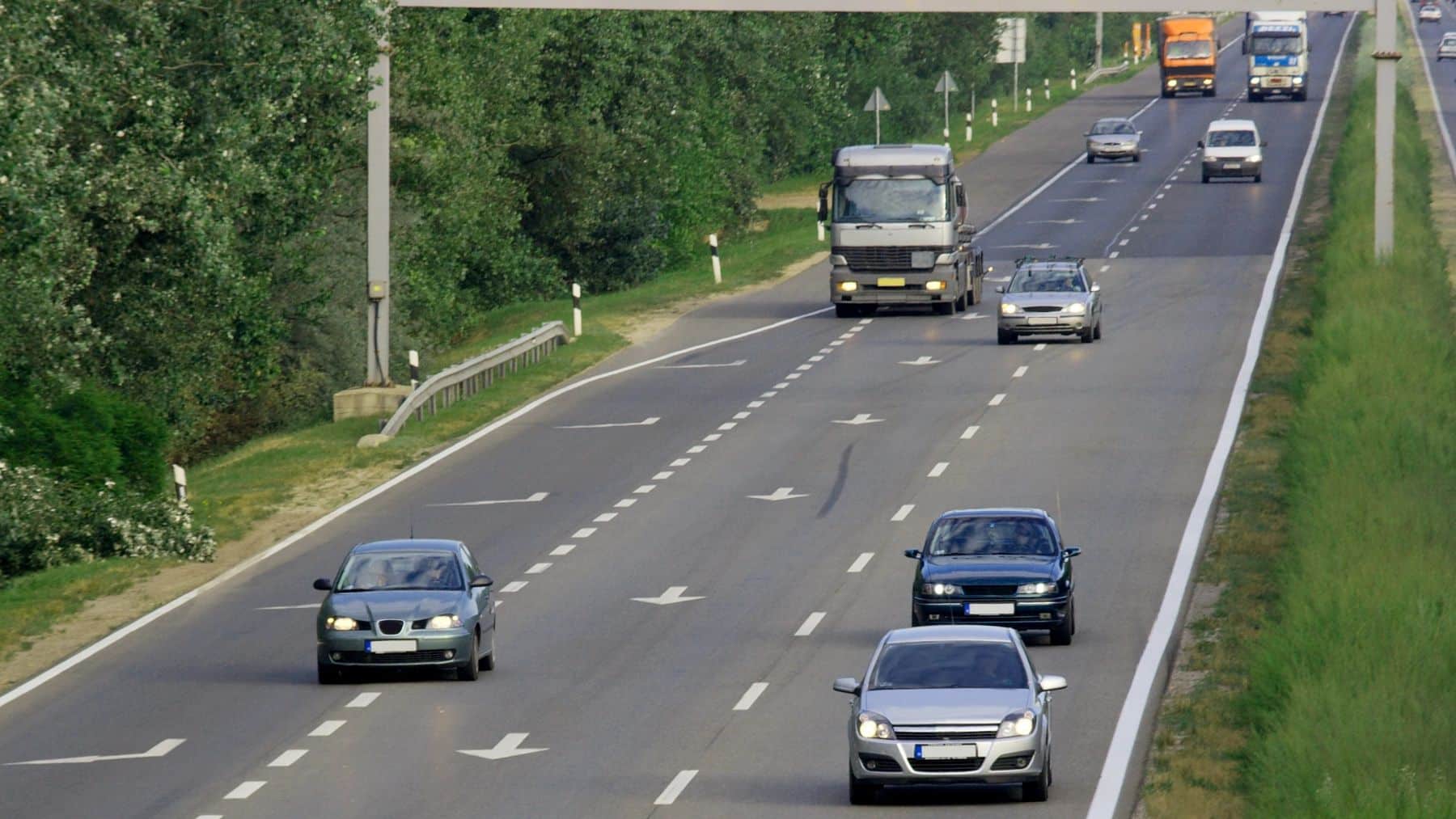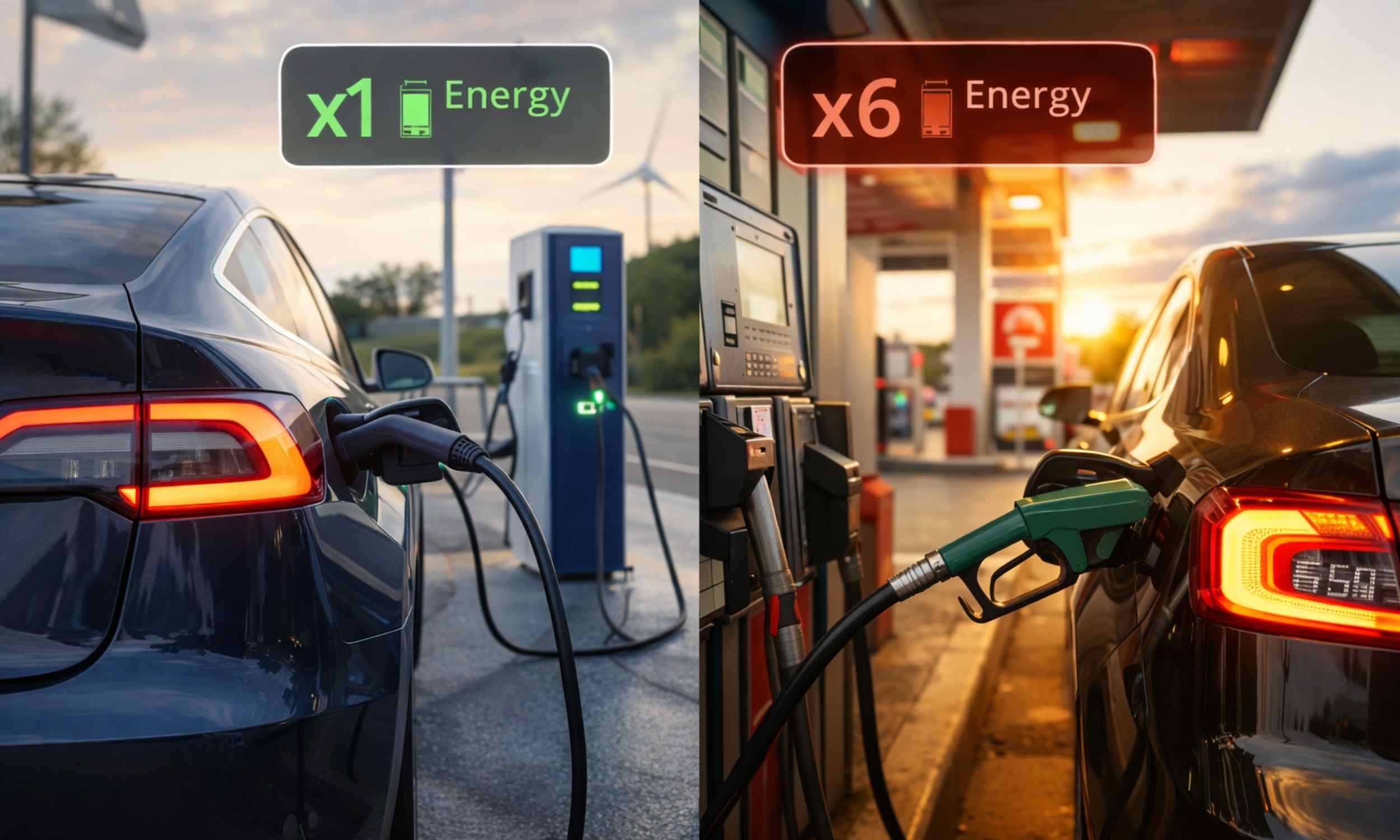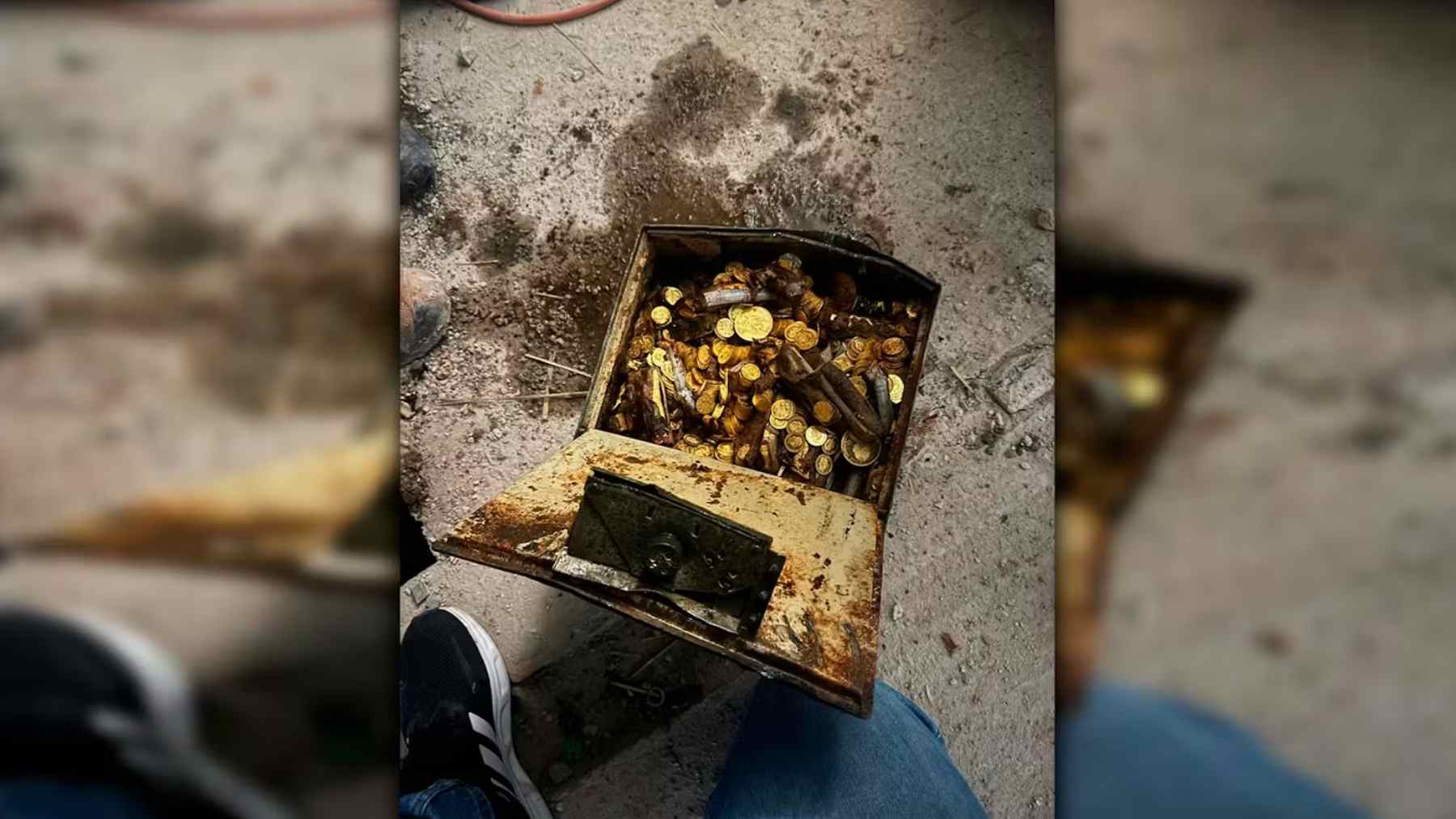With the expanded “Move Over” law hitting one state, it seems that the idea is to make breaking a law more costly for those who refuse to obey. The new set of highway safety initiatives will be implemented on September 3, and these laws will be led by the expanded “Move Over” law, which will be accompanied by the first increase in speeding fines since 1996. Law changes will be implemented under Legislative Bill 530 and will redefine how citizens in this state behave on roads.
The era of the “Move Over” law in this state
Although the “Move Over” law in this state is not all too new, it was initially limited to emergency vehicles as well as roadside assistance providers. The initial “Move Over” law has been further expanded to include all stopped vehicles as well as vulnerable road users. As per the expanded law, drivers will need to slow down and move over when approaching a vehicle that is pulled over on the roadside. The slow down and move over law even applies when pedestrians and bicyclists have been pulled over on the roadside.
As per Legislative Bill 530, all highways across the state are included in the law, as well as Interstate 80. The law is being put into place to protect those who are vulnerable on the road, especially in cases when a vehicle owner has stopped on the side of the road to change a flat tyre.
To make sure that citizens of the state are well-versed with the new laws, the Department of Transportation of the state is putting up new signage to ensure awareness of the expanded law is created.
A state introducing expanded laws and increased fines
Along with the expanded “Move Over” law in this state, speeding fines have increased as well, and it is the first time that fines have increased since 1996. For three decades, citizens in the state paid the same penalty amount; however, now the speeding fine laws align with the seriousness of the speeding act and the speeding category.
As per the newer fine structure:
- 1–5 mph over the limit: $50 (up from $10)
- 6–10 mph over: $75 (up from $25)
- 11–15 mph over: $125 (up from $75)
- 16–20 mph over: $200 (up from $125)
- 21–35 mph over: $300 (up from $200)
- 36+ mph over: $400 (up from $300)
In the state, speeding is now seen as a serious offence. As per the bill, the concept of reckless driving has been mentioned and deals with driving at twice the posted speed limit. In this way, serious speeding offenders will be caught rather easily.
Looking at broader road rule reforms in the state
The introduction of LB 530 looks at redefining speeding laws and expanding the Move Over law; however, it encompasses a variety of structural changes to how the state is managing its highways. In doing so, the following information has been provided:
- Class IV felony is when dangerous driving results in motor vehicle homicide and carries a hefty criminal penalty.
- For poor weather and other hazards, the NDOT is used to temporarily reduce speed limits.
- A policy for variable speed zones is in place to protect drivers and road users.
According to Director Vicki Kramer of NDOT, the idea is to ensure safer highways in the state, and that will only be possible if road users make better choices when driving. In another state, Minnesota, there is a clear way for riders on highways due to the lane-filtering law.
Nebraska’s skyrocketing fines for drivers
According to the Nebraska Department of Transportation, the expanded Move Over law and the skyrocketing speeding fines are being put in place to make sure that highways become safer. Safety on highways is no longer negotiable, and drivers must follow the rules to avoid higher penalties and to protect the lives of vulnerable road users.
Changes will come into effect on September 3, and careless drivers will be fined. The state of Indiana is also increasing highway safety by raising the speed limit on highways and saying goodbye to 55 MPH, while also introducing new fining systems.














